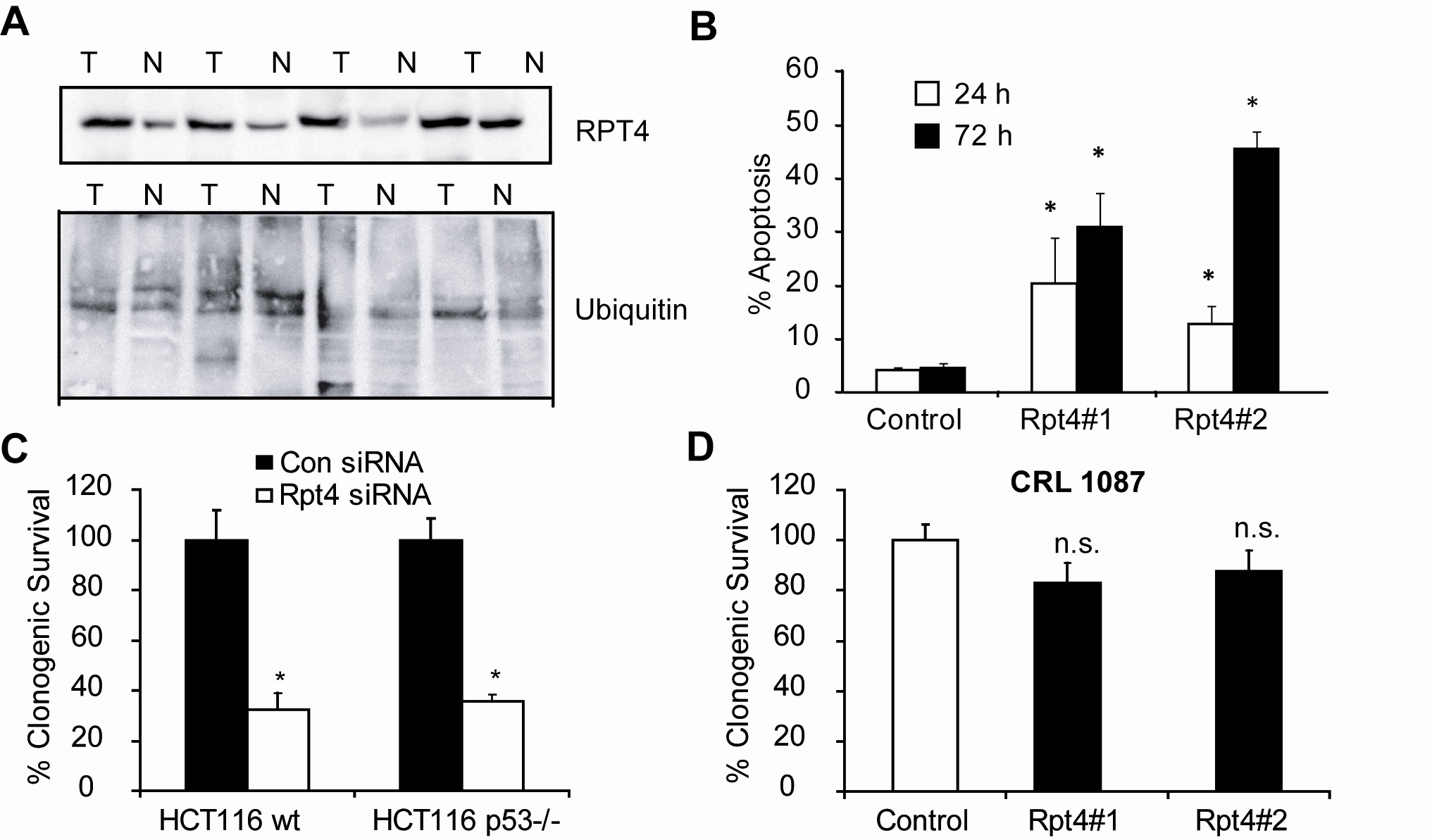Introduction
Colorectal cancer (CRC) is one of the most common forms
of cancer in both males and females and a leading cause of cancer related
deaths. Industry analysis estimates that the colorectal cancer market was valued
at $6 billion in 2009 with a projected CAGR of 9.8% and projected market value
of approximately $12 billion by 2016.
This represents a key pharmaceutical market with high unmet global
demand.
Surgical resection is the mainstay of treatment for CRC
and for small tumours localised to the bowel wall (Stage I), resection offers an
excellent chance of complete cure, with an 80 – 95 % 5-year survival. However,
when tumours invade the bowel wall (Stage II) and when there is an involvement
of lymph node metastasis (Stage III) the survival rate is radically reduced (30
– 60 % 5-year survival).
Unfortunately, the vast majority of patients present in
these more advanced stages. Adjuvant chemotherapy based on genotoxic drugs such
as 5-FU/Oxaliplatin- or 5-FU/Irinotecan plays a definite role in CRC and has
been shown to improve disease free and overall survival of patients with
resected Stage III CRC. However, drug resistance to these genotoxic drugs is
thought to cause treatment failure in up to 90% of patients with metastatic
cancer. In addition, standard genotoxic chemotherapeutics are believed to act
relatively non-specifically and also target non-cancerous cells causing
side-effects that greatly impact on the patients and limit the use of high-dose
chemotherapy. As such novel therapeutic options are required to improve patient
survival for patients with advanced CRC.
Technology
Research at RCSI has now identified a clinically
significant association between the proteasomal subunit Rpt4 and tumour tissues
of CRC patients. While most proteasomal subunits are equally expressed in normal
and cancer tissues, Rpt4 shows a significant increase in protein expression.
More importantly, siRNA inhibition
of Rpt4 dramatically reduces the growth and survival of colon cancer cells, but
has negligible effects in non-transformed cells.
Inhibition of Rpt4 also reduces growth and survival of
colon cancer cells that are defective in p53 signaling. The development of
siRNAs or other inhibitors targeting Rpt4 represent novel approaches for the
treatment of CRC, specifically targeting a gene that is over-expressed in human
colorectal cancer and of vital importance for tumour growth and
survival.
Summary data demonstrates key experimental
results:

(A) Western Blot of expression levels for Rpt4or ubiquitinylated
proteins in colon tumour samples
(T) and normal adjacent mucosal (N) specimens which shows a significant increase in protein expression levels of the
proteasomal subunit Rpt4 but not ubiquitinylated proteins in tumour tissue
compared to normal tissue. (B) Quantification of apoptosis following
treatment with siRNAs targeting Rpt4 at indicated time
periods. * p< 0.05 compared to
Control siRNA treated cells (ANOVA post-hoc Tukey). (C) HCT116 wild type (wt) and p53 deficient
(HCT116 p53-/-) cells transfected with a siRNA targeting Rpt4 for 48 h and
clonogenic survival performed. * p< 0.05 compared to Control siRNA
treated cells (ANOVA post-hoc Tukey).
(D) Non-transformed colonocytes, CRL-1807, were transfected with two different siRNAs
targeting RPT4 for 48 h and colongenic survival performed. n.s.; not
significant.
Applications
The invention is based on the finding that Rpt4 can
function as a therapeutic target for solid tumour type cancers, especially solid
tumours of the colon, and that reducing the abundance of RPT4 in tumour cells
causes a significant increase in cancer cell death, and potently decreases the
survival and proliferation of cancer cells in tumour growth assays.
Advantages
Specifically targets a protein which is over-expressed
in CRC leading to growth inhibition
and cell death with minimal toxicity to non-transformed cells within the
colon.
Offers additional therapeutic target for CRC patients
which have become refractory to
standard chemotherapy regimes.
Staining for Rpt4 expression may offer prognostic value for identifying
patients which would benefit from an Rpt4 based
therapy.